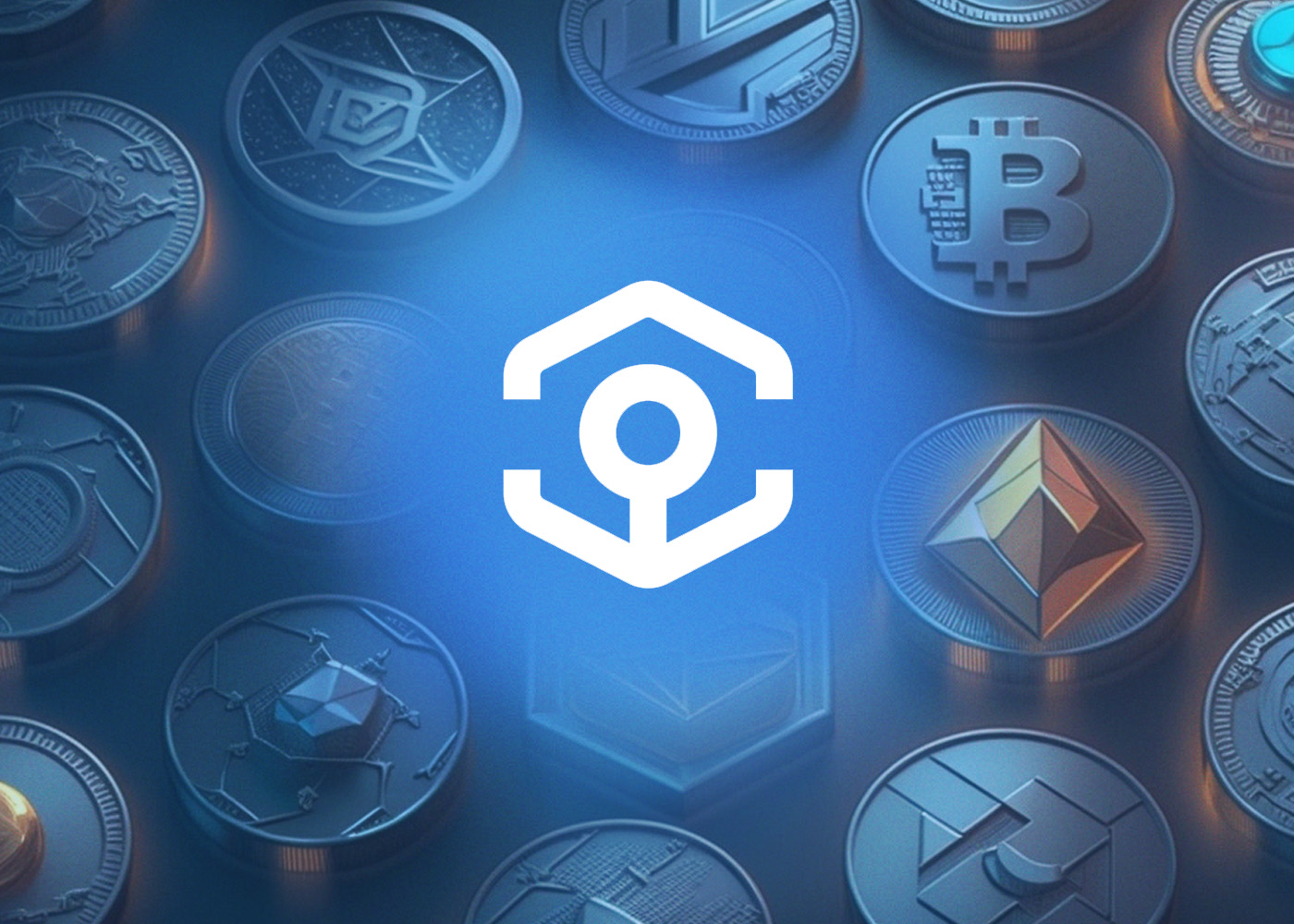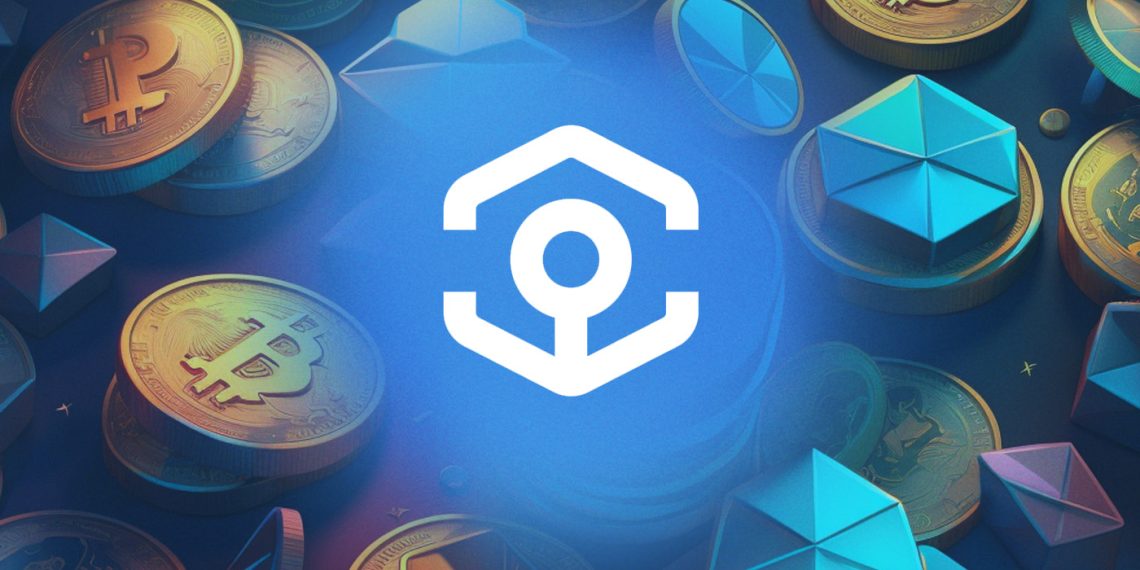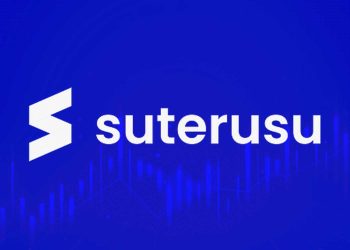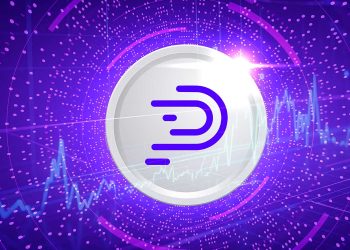Ankr (ANKR) is an Ethereum-based token project, Web3 infrastructure, and cross-chain staking DeFi platform that aims to increase the efficiency of blockchain ecosystems by creating decentralized applications (dApps), hosting, and staking nodes.
Ankr was designed and built with the concept of a new internet based on distributed ledger technology with decentralized, more secure applications, protocols and user systems. The core concept is to eliminate the need for central authorities and intermediaries by giving users and network participants ownership and control over data and applications.
Ankr was launched in November 2017 by CEO Chandler Song to provide an easily accessible platform for the development of Web3, commonly known as the decentralized internet, which leverages shared resources to provide simple and cost-effective options for hosting blockchain nodes. Ankr is a blockchain-based cross-chain architecture that facilitates staking and dApp creation via the DeFi platform. It hosts protocols related to DApp development and the DeFi industry.
During its time in the market, Ankr has created a market for carrier-based cloud services that leverage shared resources. This allows developers and commercial customers to deploy blockchain nodes at a much lower cost than public cloud providers. By hosting blockchain nodes, Ankr reduces the risks of centralization and single point of failure.
With Ankr, public blockchains can interact with communities and provide additional support to their networks. Ankr aims to provide an infrastructure platform and marketplace for the distribution of Web3 packages that enable resource providers and end users to connect to blockchain technologies and DeFi applications.
Ankr’s private cloud architecture is based on geographically distributed data centers to increase stability and flexibility while remaining independent of public cloud providers.
ANKR Token
ANKR is an Ethereum token that powers Ankr, a Web3 infrastructure and cross-chain staking DeFi platform that enables anyone to participate in the blockchain ecosystem by creating dapps, hosting nodes, or staking. ANKR is the network’s native token and includes numerous features such as payments and access to apps installed on the network, staking, and voting on governance ideas.
You can use the ANKR token to pay for Ankr platform services, such as provisioning nodes and API services, participate in on-chain governance, and insure members of the network.
The ANKR token is used as a payment method for services. The Ankr platform, which includes node distribution and API services, contributes to on-chain governance and provides insurance for network members. Ankr offers free data center resources to help developers and enterprise customers deploy blockchain nodes faster and at a lower cost than public cloud providers.

How To Use ANKR
ANKR is a utility token with numerous use cases. On the ANKR network, ANKR can be used as a payment method to vote on management proposals and take advantage of services such as decentralized deployment of applications and protocols.
ANKR also serves as an incentive for network members and shareholders. The main advantage of the ANKR ecosystem is that the token can be traded on the cryptocurrency market.
How Big Is The Supply Of ANKR Tokens?
The maximum ANKR supply is 10 billion billion billion units. The amount of ANKR tokens is limited. This means that no new tokens will be issued once the entire supply is used up, unless network members propose and vote on a change. The limited supply serves as a buffer against inflation and makes ANKR a valuable long-term investment.
The currency in circulation is 7,662,893.77 ANKR. Exchanges use ERC-20 and BEP-2 tokens to provide liquidity and facilitate trading, but access to blockchain services requires the native ANKR token. Capital has named the ANKR token one of the “Coins to Watch in 2021” alongside other alternative cryptocurrencies.
Although ANKR is based on the proof-of-work algorithm currently used on the Ethereum network, it is not a token that can be mined in the traditional sense.
Although ANKR tokens can be mined on the network, the Stkr protocol, as mentioned above, allows mining of ETH for aETH. Stkr is based on the Proof of Stake protocol and represents the market for computing power and storage. By using ETH and ANKR in the Stkr protocol, users can receive benefits depending on the authenticity of the stake.
Who Are The Founders Of Ankr?
The Ankr network was founded in 2017 at the University of California at Berkeley as a blockchain-based distributed computing platform. After working as a programmer at Amazon Web Services, co-founder Chandler Song served as CEO, while co-founder Ryan Fang was an investment banker at Morgan Stanley. Since its founding, Ankr has evolved into a global network of experts dedicated to building a working Web3 infrastructure.
Chandler Song introduced Ryan Fang to bitcoin and blockchain as a student in 2014, and together they convinced him to buy 22 bitcoins. Those Bitcoins served as seed money for the Ankr initiative in 2017.
Together, they recognized the potential of the cloud computing industry as an infrastructure that would foster innovation around the world and directed their efforts in that direction. This motivated them to create a more affordable, decentralized cloud.
The Ankr team consists of individuals from sixteen different countries working together to decentralize the web and facilitate access to web3 applications and staking protocols. Ankr currently supports over 40 different protocols for development and staking, and continues to expand as a global decentralized network that facilitates access to Web3.
Initially, Ankr was hosted on the Ethereum blockchain and ANKR was issued as an ERC-20 token. However, native BEP-2 tokens are now also available. In 2019, Ankr launched its core network, and in 2020, the team released Stkr, a staking protocol. Ankr continues to evolve as the Web3 infrastructure expands exponentially.
What Is Stkr?
In 2019, after the launch of the Ankr network, the ANKR development team introduced the Stkr protocol. Stkr allows users to wager Ethereum (ETH) against aETH, which represents the future returns of the deposited coins. Therefore, network members are compensated for betting using the Stkr protocol. With the ANKR Web3 platform, users can also set up development nodes, build decentralized applications on the network, and set up betting nodes to experience the benefits of betting.
What Is The Potential Of Ankr?
The Ankr network is designed to provide a new blockchain solution that leverages the underutilized computing capacity of devices and data centers.
Ankr is a great initiative that increases the use of ETH 2.0 and ANKR tokens in DeFi and cloud storage. While ANKR aims to decentralize the Internet and provide easy access to Web3 and all its related capabilities, the project aims to provide enterprise solutions, developer APIs and sharing nodes.
It is a platform that enables the sharing economy, where any customer can access resources at a lower cost, while allowing companies to monetize unused free computing power. Ankr is the first cryptocurrency that uses reliable hardware and offers a high level of security.
How Does Ankr Work?
Ankr is a globally distributed organization whose mission is to create the next generation of the decentralized internet. To enable the decentralization of applications and nodes in support of the Web3 architecture, Ankr uses the computing power of DLT to aggregate data sources distributed across data centers and make them available to stackers and developers at a lower cost. Developers and stakers can then create and deploy dApps and easily redeem their credits.
Ankr Staking is enabled by the Stkr protocol introduced in 2020, which supports ETH through ETH Staking. It also symbolizes the value of the ETH distributed and the expected return on the distribution balance, creating a very liquid mechanism for future Ethereum 2.0 speculators.
Ankr aims to support various blockchain protocols to create Web3, a private and secure decentralized internet.













